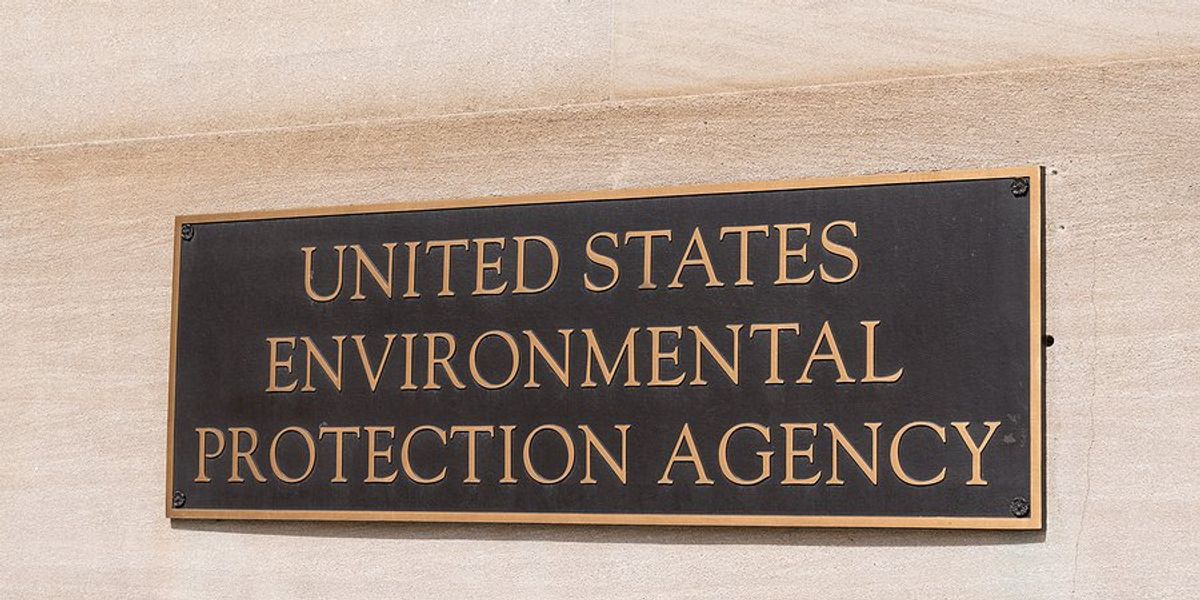wildland firefighters
Wildland firefighters face a national crisis amid low pay and high risks
The U.S. is grappling with a dwindling number of wildland firefighters, essential defenders against the escalating threat of wildfires, as inadequate government support and compensation push these crucial workers to the brink.
In short:
- Highly skilled wildland firefighters, essential in combating increasing wildfire threats, are leaving the profession due to low wages and high risks.
- The federal government's failure to adequately address pay and working conditions has led to a significant attrition rate among these crucial first responders.
- The physical and mental health toll on firefighters is exacerbated by exposure to dangerous conditions and bureaucratic hurdles in obtaining necessary support.
Key quote:
“Exposure to carbon monoxide and some of these other chemicals is going to impact the way we think.”
— George Broyles, a former wildland firefighter and public information officer
Why this matters:
The recruitment and retention of wildland firefighters have become increasingly difficult. The job is physically demanding, involves high risks, and often requires workers to be away from home for extended periods. Despite these demands, the pay and benefits for wildland firefighters have historically lagged behind other emergency response professions, making it less attractive as a career option.
As western wildfires become bigger and more intense, state and federal fire agencies are using more and more aerial fire retardant, prompting concerns over fish kills, aquatic life, and water quality.
Biden boosts pay for federal firefighters as wildfire season heats up
President Biden is giving federal wildland firefighters a significant raise for the next two fiscal years, as agencies face difficulty hiring in western states and an already-severe wildfire season is underway.
As the Dixie Fire and others burn, the U.S. struggles to find enough firefighters
Study finds lung damage in firefighters years after a major wildfire
Recent research from Canada seems to show that wildfires can continue to hurt the lungs of firefighters for years after they've burnt out.
Overstretched wildland firefighters risk lung, heart maladies
The U.S. Centers for Disease Control and Prevention says that from 2000 to 2019, 400 wildland firefighters died on the job, but this may hide slower, quieter illnesses and death.
The first women on hotshot crews
One wildland firefighter interviews some of the trailblazers who came before her on the fires and shifts they'll never forget and the policies they changed for the women who came after them.


















